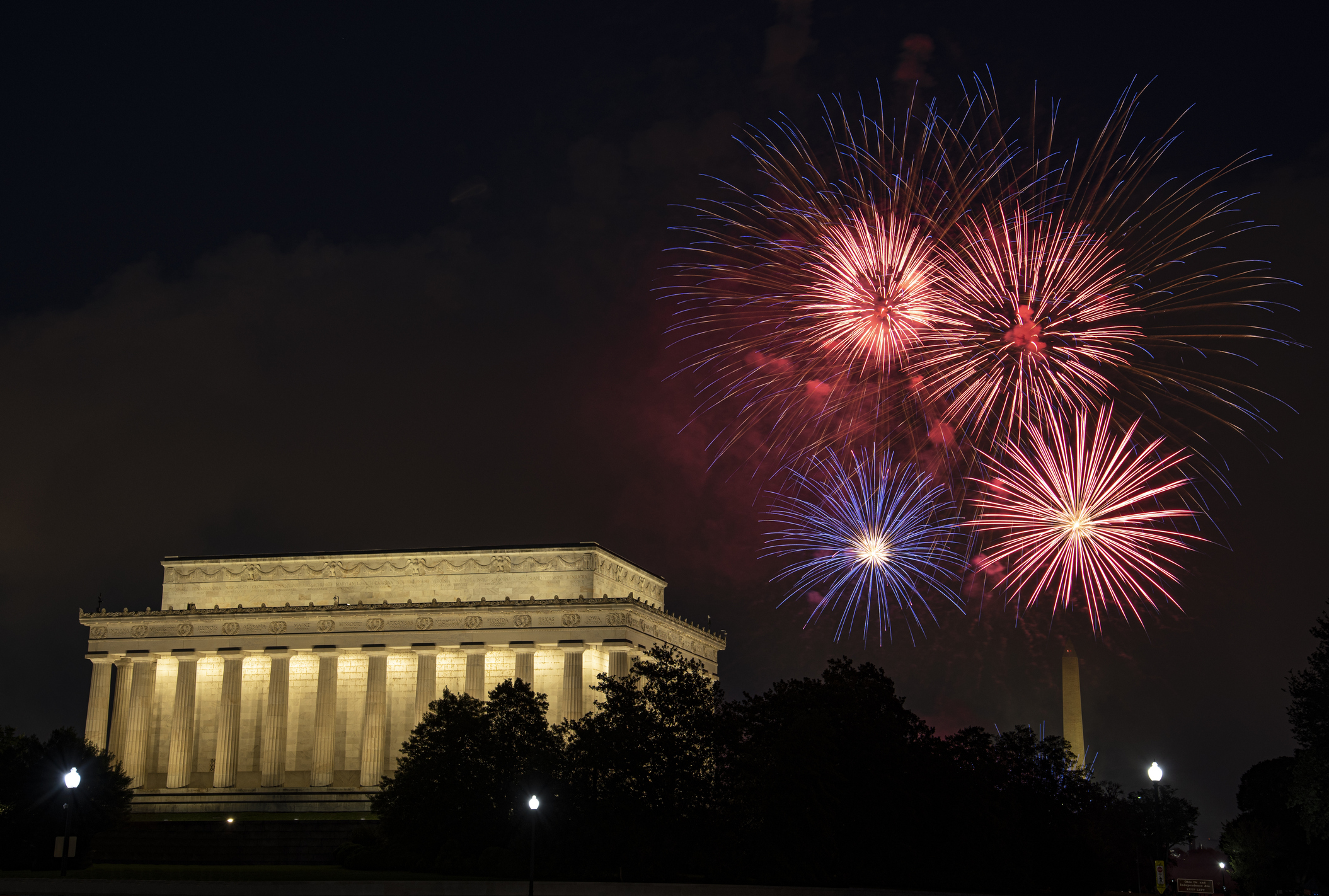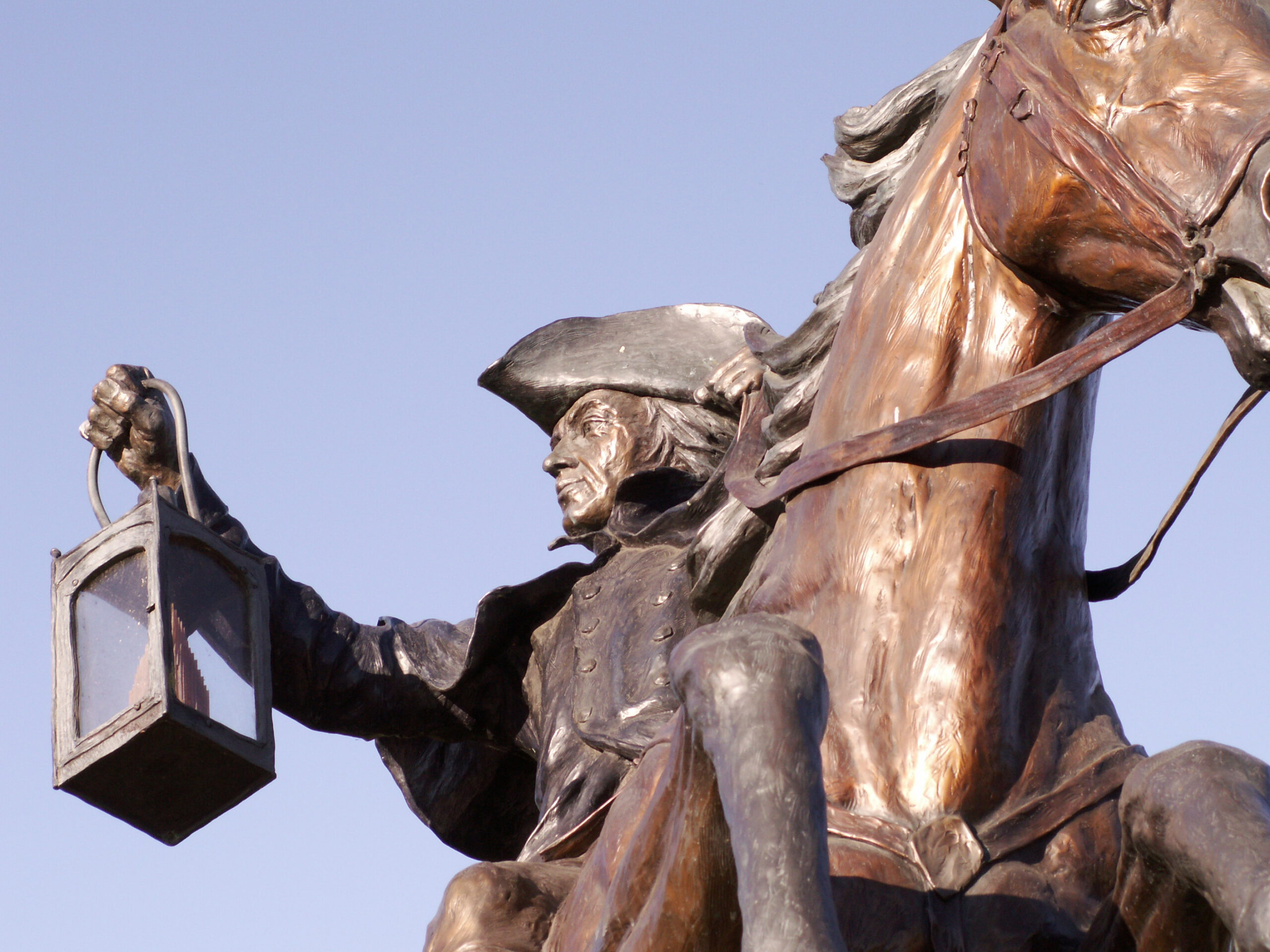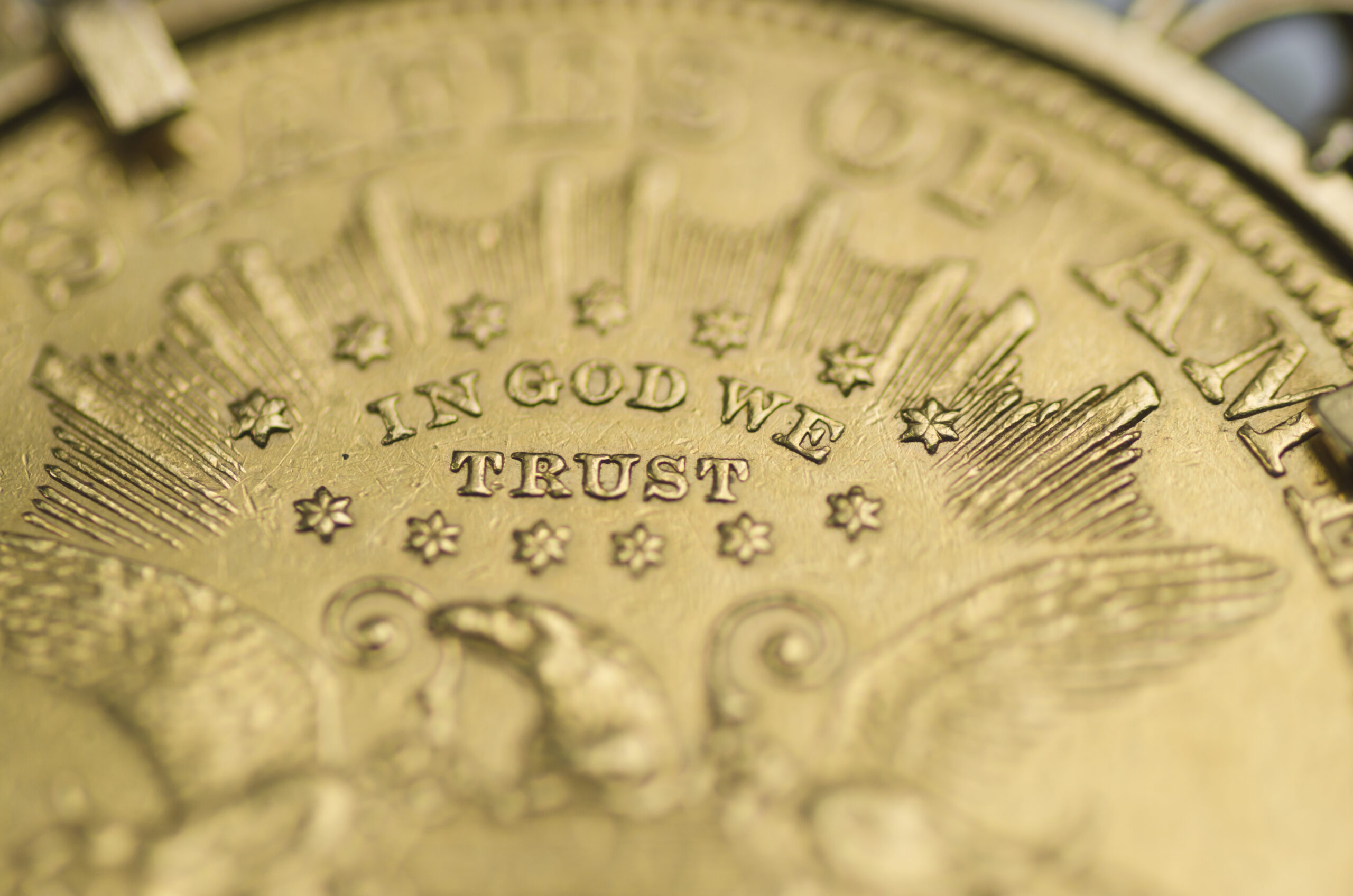Celebrating the best of America.
Bells, Bonfires, and Illuminations

Celebrating our Independence.
How will I be spending Independence Day? The way John Adams intended.
On July 2, 1776, the Second Continental Congress adopted the portion of the Lee Resolution that formally declared independence from Great Britain. The next day, John wrote to Abigail:
The Second Day of July 1776, will be the most memorable Epocha, in the History of America.—I am apt to believe that it will be celebrated, by succeeding Generations, as the great anniversary Festival. It ought to be commemorated, as the Day of Deliverance by solemn Acts of Devotion to God Almighty. It ought to be solemnized with Pomp and Parade, with Shews, Games, Sports, Guns, Bells, Bonfires and Illuminations from one End of this Continent to the other from this Time forward forever more.
Adams may have been wrong about the date, but he was right that independence would occasion “the most memorable Epocha” in American history—“epoch,” in the sense of a “fixed point of time, from which succeeding years are numbered,” hence, our “great anniversary Festival.” We’re two years out from our Semiquincentennial, counting from 1776. For better or for worse, hardly anyone bothers to count our history from 1787 or ’89. Again, for better or for worse, the Left’s attempt to install 1619 as the ignominious date of our origins was understood by all as an attack on 1776.
Adams doesn’t just predict; he also prescribes. His first prescription—to commemorate independence “by solemn Acts of Devotion to God Almighty”—explains why he does not wish, or expect, for Americans to wipe away the existing Christian calendar, as the French would attempt in 1793. In very concrete terms, Adams thinks we should go to church on the Fourth. I will be, and so should you.
After religious “commemoration,” Adams tells us to “solemnize” the day with “Pomp and Parade, with Shews, Games, Sports, Guns, Bells, Bonfires and Illuminations.”
Now, I haven’t studied how every American city and town celebrates the Fourth. But I grew up going to see the Boston Pops and the fireworks over the Charles River; I’ve been to small-town parades and Fourth of July displays in New England, Pennsylvania, and Colorado; I’ve watched my share of fireworks reflected in Annapolis Harbor and in the Dallas skyline. And I’m convinced that the little town where I’ve settled—Lander, Wyoming, population 7,500—does it better than anywhere else.
“Pomp and Parade”? In 2020, not even Covid could shut it down. The parade is a long, loud procession down Main Street of horses, band, floats, tractors, antique cars, and antique-er carriages, sponsored by schools, clubs, civic organizations, cowboys, and the two local Indian tribes—all ending in a massive water-cannon shower spanning several blocks courtesy of the fire department.
“Shews, Games, Sports”? The day begins with a half-marathon and 5K for charity. And it ends with the “oldest paid rodeo on earth,” replete with bull riding, barrel racing, calf roping, steer wrestling, Indian relay racing, and more.
“Guns, Bells, Bonfires and Illuminations”? July Fourth in Lander is best described as a “14-hour pyrotechnic extravaganza.” In addition to the town’s grand finale fireworks show to cap off the rodeo, ordinary citizens across the small town spend the better part of the day, and much of the night, lighting off their own arsenals. The town has been aptly compared to a war zone during the evening of the Fourth, with whole neighborhoods gathered at residential intersections for their own fireworks displays. A local vendor estimates that Lander buys a million individual fireworks every Fourth. This year, I’m doing my part.
And I think Adams would be pleased.
The American Mind presents a range of perspectives. Views are writers’ own and do not necessarily represent those of The Claremont Institute.
The American Mind is a publication of the Claremont Institute, a non-profit 501(c)(3) organization, dedicated to restoring the principles of the American Founding to their rightful, preeminent authority in our national life. Interested in supporting our work? Gifts to the Claremont Institute are tax-deductible.
The Founders and Lincoln on the meaning of July 4th
A very happy 4th of July to you and yours.
Political freedom lies at the heart of the Fourth of July.
A reminder on our nation’s birthday that opportunities for greatness unfold in an expanding Now.





